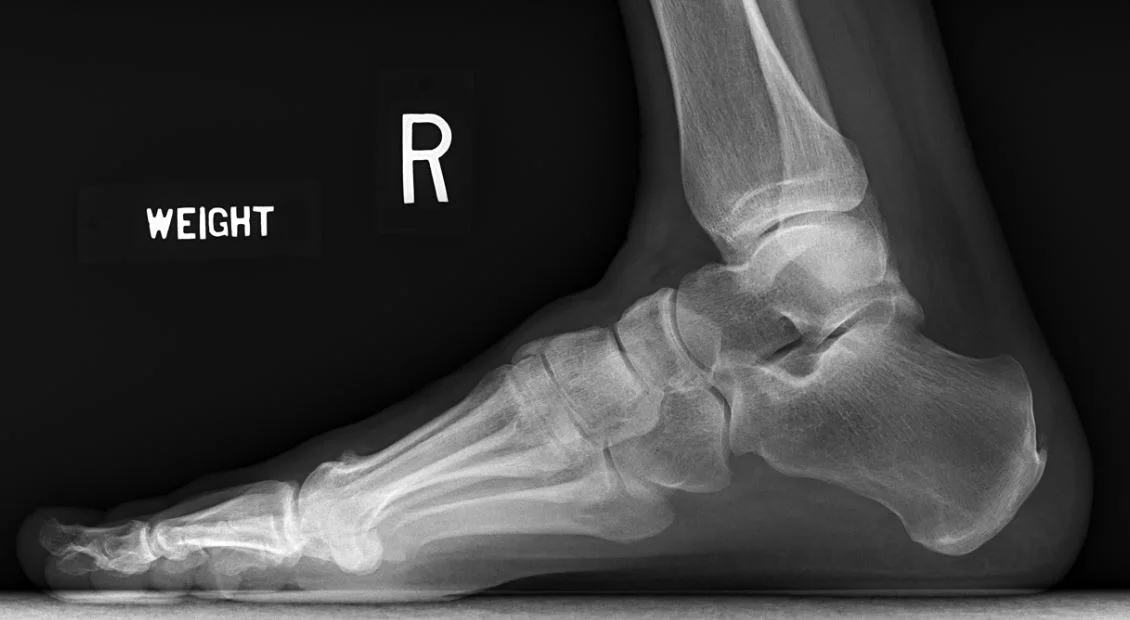Why Rheumatology?
When I was in medical school I spent time with a rheumatology attending physician. He was on a first name basis with all of his patients, seemed to really love his job and his patients loved him too. There was a four months long wait to see him in a city with the third highest ratio of rheumatologists to patients in the country. I considered rheumatology during that rotation but was drawn to faster paced specialties like emergency medicine or critical care.
As I moved through my rotations in medical school I decided on internal medicine as a path toward a hematology-oncology fellowship. A year of internal medicine residency gave me a taste of what it would be like to care for patients faced with the end of their lives. After examining my own emotional fortitude it became evident that branch of medicine wasn't the best decision for me. With the application cycle for fellowship positions looming, I reexamined rheumatology as a specialty with another rotation in rheumatology and I fell in love.
While for the most part the rheumatologist doesn’t save lives in a dramatic fashion à la critical care medicine, but we make people feel better. Keeping blood pressures at goal, meeting A1c targets, getting lipid profiles satisfactory . . . these are all critical to the patients’ overall health, but they may not be at the top of the list of what the patient feels is important. Being able to keep someone pain and disability free is tangible to the patient and allows me to see a real difference I have made in the life of another person. In fact, for the last fifteen years arthritis and rheumatic diseases have been the number one cause of disability nationwide. This means rheumatologists have a large role to play in keeping people in the workforce longer.
Another big draw to the specialty is the challenging nature of our illnesses. My brain gets plenty of exercise from taking care of the sick inpatient consults, new outpatient cases and keeping established patients' diseases at bay. Often the rheumatology service gets involved with cases when no one else has been able to come up with a diagnosis and we get to play Sherlock Holmes. Making the diagnosis after multiple specialties have been unable to get to the answer is quite satisfying.
One of the things I loved the most about internal medicine was seeing the same patients time and time again. I got to know their families, their lives and return visits became something to look forward to. Rheumatology allows for development of these satisfying relationships with patients. The chronic nature of our illnesses lets us see some of our patients more frequently than they see even their primary care doctors. Rheumatology also allows me to follow my passions. I personally believe in nutrition and exercise as a form of preventative medicine. This ties in to rheumatology from the perspective of preventing progression of osteoarthritis, fibromyalgia care and cardiovascular risk in inflammatory arthritides and connective tissues diseases.
It would seem as though medicine residents are catching on; rheumatology was the third most competitive specialty in the 2016 specialty match. If you're interested in learning more, The American College of Rheumatology has launched a Choose Rheumatology campaign to help young physicians and future physicians make an informed specialty decision. Don't take my word for it, rheumatology is the happiest sub-specialty! Why not choose rheumatology?




